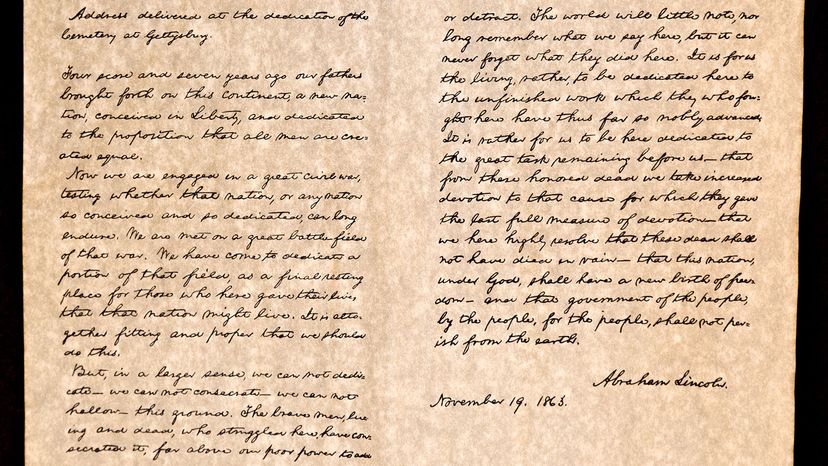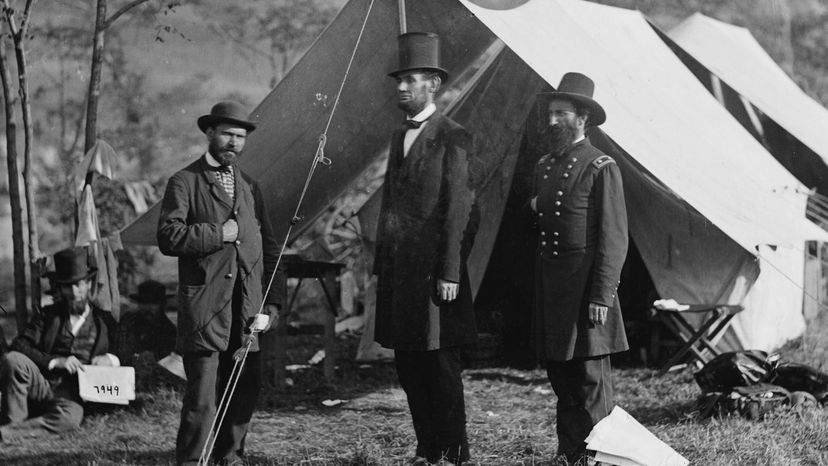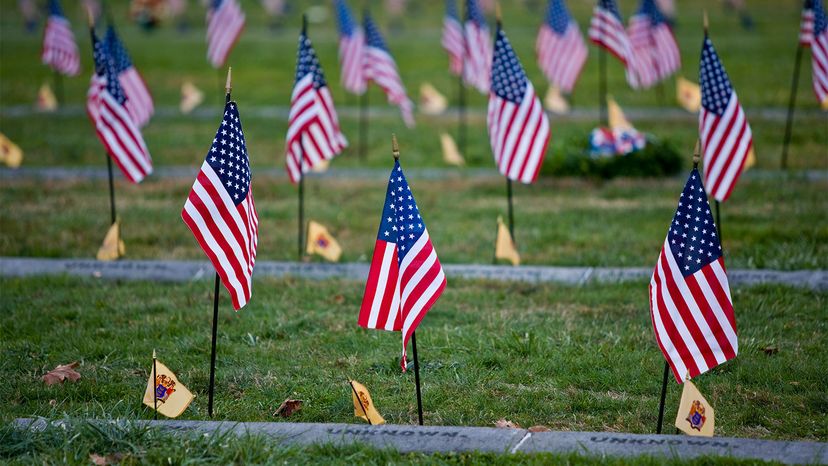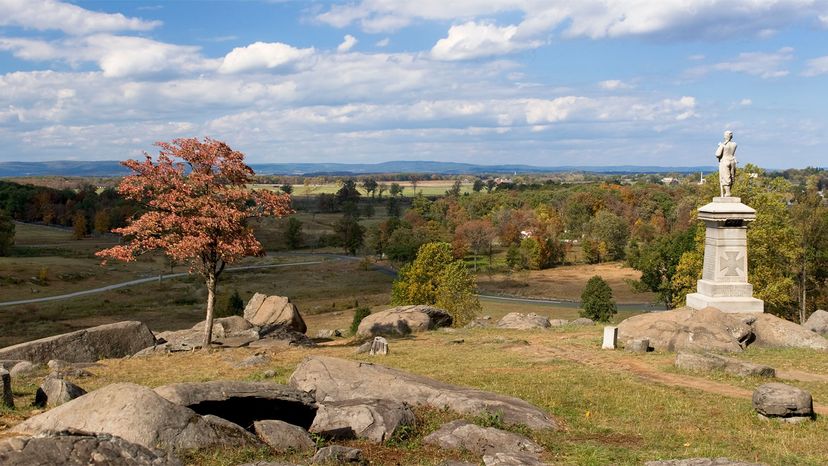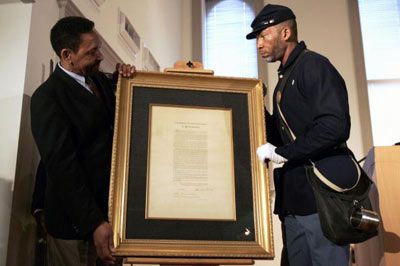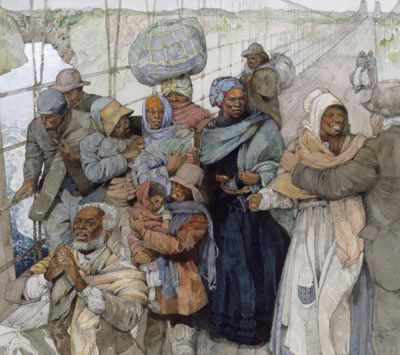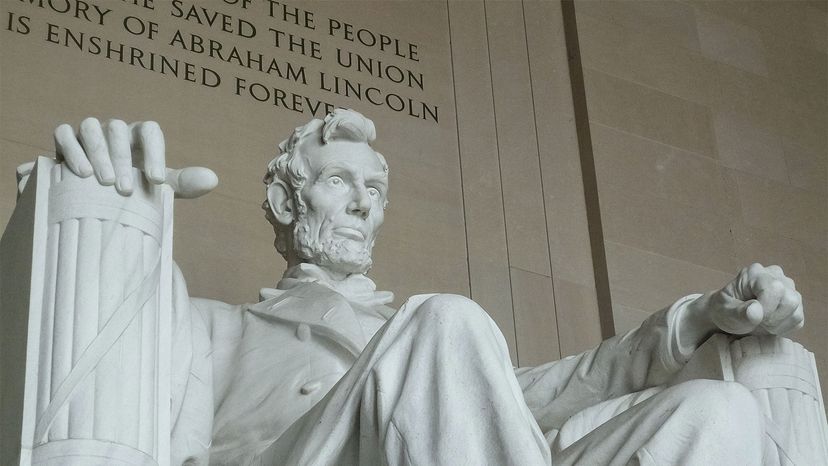
Quick, finish this sentence: "Fourscore and seven years ago ..." Most of us recognize the famous opening lines of Abraham Lincoln's Gettysburg Address, and some might be able to stumble through a few more phrases. If you grew up in the United States school system, chances are at one time you memorized the Gettysburg Address (or at least you were assigned to have it memorized).
What is it about this particular speech that has inspired the American school system to deem it so important (besides the fact that it's short enough for kids to memorize)? The Gettysburg Address has impact well beyond the schoolyard. Historians and modern political theorists often use it to explain how the American government is supposed to work.
Advertisement
Lincoln gave plenty of memorable speeches, most notably his "House Divided" speech at the Illinois Republican State Convention in 1858. But he wasn't even the featured speaker at the Soldiers' National Cemetery dedication on Nov. 19, 1863. His appearance was considered largely ceremonial, and he was invited to speak only a few weeks before the event, so he didn't have a lot of time to prepare.
Edward Everett, the featured speaker of the day, was considered a superstar of the public oratory set. He delivered a two-hour lecture before Lincoln took the stage. Lincoln, who was listed in the program as giving brief remarks, followed with his address, which was less than 300 words long and took about two minutes to deliver. He didn't even say the words "Battle of Gettysburg," "slavery," "Confederate" or "Union."
But somehow, the Gettysburg Address has endured as one of the most important documents in U.S. history, ranking up there with the Declaration of Independence and the U.S. Constitution. What did Lincoln say that was so meaningful — and did people immediately recognize how influential the speech would turn out to be? How did 300 words change the way U.S. views its government, country and society?
Advertisement
